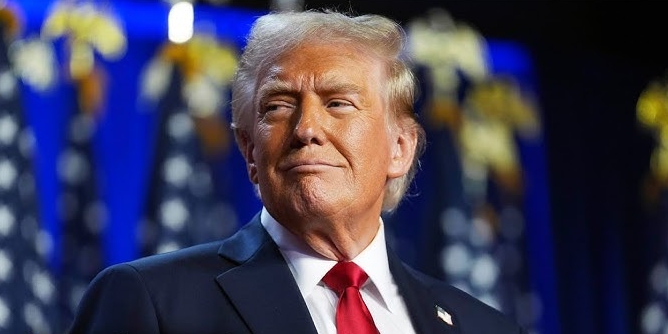In a bold yet controversial move, Off Radio Krakow, a state-funded station in Poland, recently attempted to breathe new life into its dwindling audience by utilizing artificial intelligence to create what they marketed as a “unique interview” with the late Nobel Prize-winning author Wislawa Szymborska. This decision to employ AI-generated content sparked intense backlash from various quarters, particularly former employees and cultural stakeholders.
Lukasz Zaleski, the previous host of a weekly show that showcased interviews with prominent figures in the arts, expressed his outrage over the AI interview, particularly since Szymborska passed away in 2012. Despite Zaleski acknowledging the convincing reproduction of Szymborska's voice, he firmly rejected the notion of using AI in this manner, stating, “I went to her funeral, so I know for sure that she is dead.”
The experiment, envisioned by Mariusz Marcin Pulit, director of Radio Krakow, sought to reinvigorate the struggling station, which had reportedly attracted “close to zero” listeners. In a media landscape increasingly driven by digital content and changing listener preferences, the use of AI is seen by some as a desperate gamble that undermines the authenticity of cultural dialogue.
Critics argue that while AI might enhance entertainment value by recreating historical figures, it risks misrepresenting their ideologies and beliefs. This raises ethical concerns about objectivity and representation in media. The situation forces a broader discussion around the role of technology in journalism and culture, as well as the boundaries that should not be crossed when interacting with the memories of deceased individuals.
In this context, the incident with Off Radio Krakow serves as a microcosm of the larger debate concerning the integration of AI into creative fields. While some view AI as a tool that can rejuvenate cultural conversations, others deem its use in this situation as a problematic and insensitive exploitation of a revered artist's legacy. As the boundaries blur between human and machine-generated narratives, the implications for broadcasting ethics and audience trust remain critical considerations for the future.


















